Chinese Vice Premier and Economic Affairs Officer He Lifeng met with US officials in London as part of the China-US economic and trade consultation mechanism, China's state news agency Xinhua reported.
The US delegation was led by Secretary of the Treasury Scott Bessent, Secretary of Commerce Howard Lutnick and US Trade Representative Jamieson Greer, while the Chinese side was directly represented by Vice Premier He. It was announced that the UK, which hosted the talks, was not a party, but only supported the process. The UK government stated, “We stand for free trade and a trade war benefits no one. We welcome these talks,”.
Ahead of the talks, it was also reported that UK Finance Minister Rachel Reeves held bilateral talks with the heads of the US and Chinese delegations.
Trump: We are getting good reports on relations with China
US President Donald Trump answered press members' questions about the talks in London at an investment event held at the White House. “We are doing very well with China,” Trump noted, adding that the news from London was positive and that he was waiting for a call from the delegation. Emphasizing that they want US companies to gain more access to the Chinese market, Trump stated that this would be beneficial not only for China but for the whole world. “We'll see,” he replied to the question of whether export controls on China would be lifted.
It was noted that the talks, which started at noon local time, lasted until the evening hours and the negotiations will continue the next day.
A history of tensions: Reciprocal tariffs and the Geneva agreement
The trade war started on April 2 when US President Donald Trump announced additional tariffs on some countries, including China. With China's retaliation, the US raised its tariffs on China to 145%, while China imposed a 125% tariff on US goods.
The two countries reached a tentative compromise during talks held in Geneva, Switzerland on May 10-11, and agreed to reduce tariffs for 90 days. Accordingly, as of May 14, the US tariffs on China were reduced from 145% to 30% and China's tariffs on the US were reduced from 125% to 10%.
However, in a statement on May 30, Trump claimed that China had violated most of the agreement reached in Geneva and stated that he would meet directly with Chinese President Xi Jinping on the issue.
The Washington administration also argued that China continued to impose restrictions on the export of rare earth elements; in response, it limited the export of artificial intelligence chips, stopped the sale of chip design software to China and decided to cancel the visas of some Chinese students.
Finally, in a phone call on June 5, US President Trump and Chinese President Xi agreed that the delegations of the two countries would continue to work on the implementation of the Geneva agreement.
The course of trade negotiations in the coming days will be closely monitored in terms of the global economy.


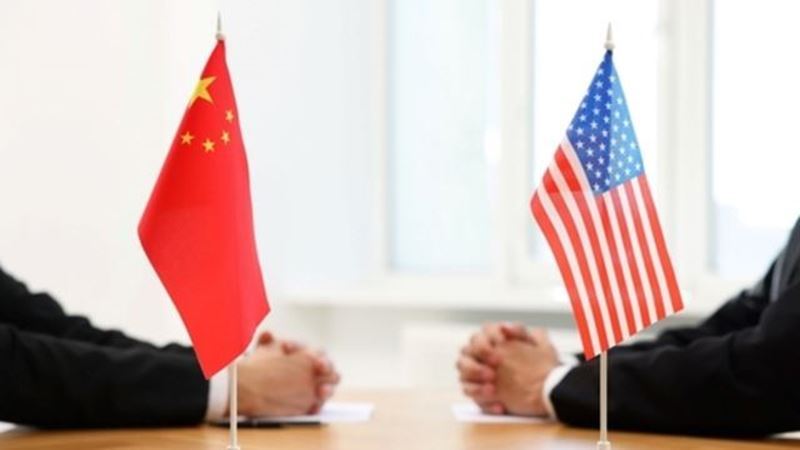

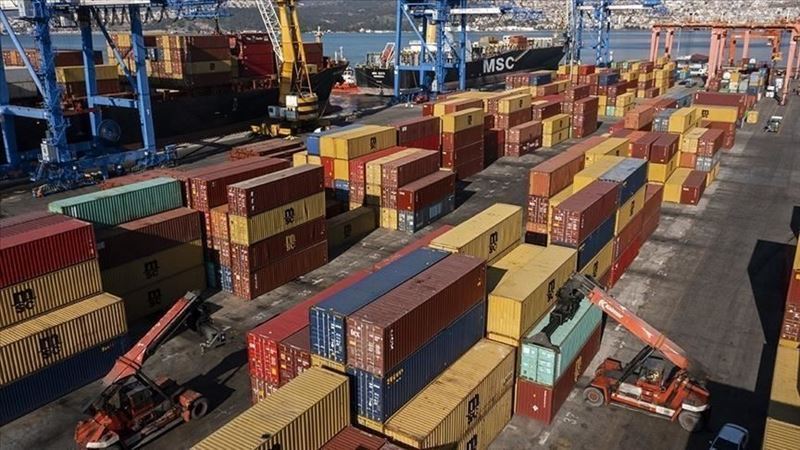
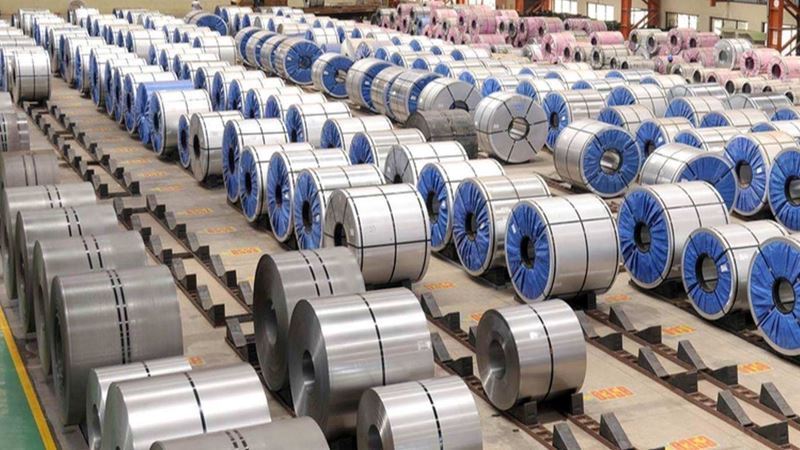

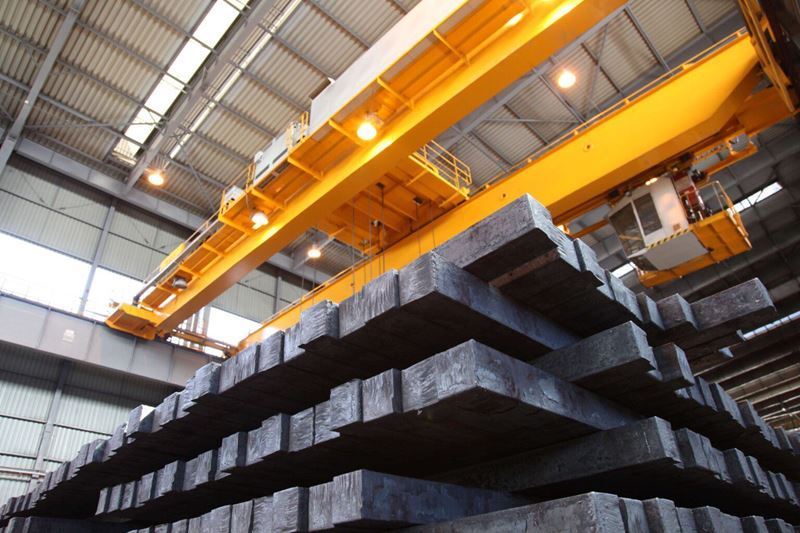
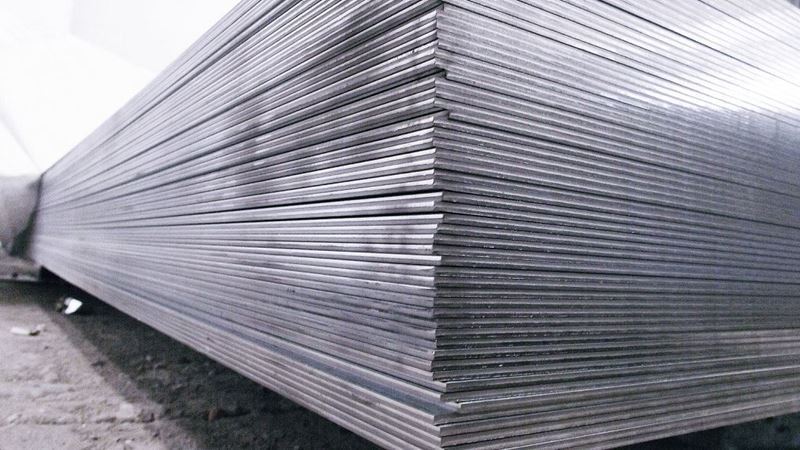


Comments
No comment yet.